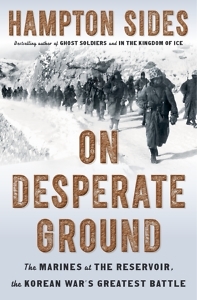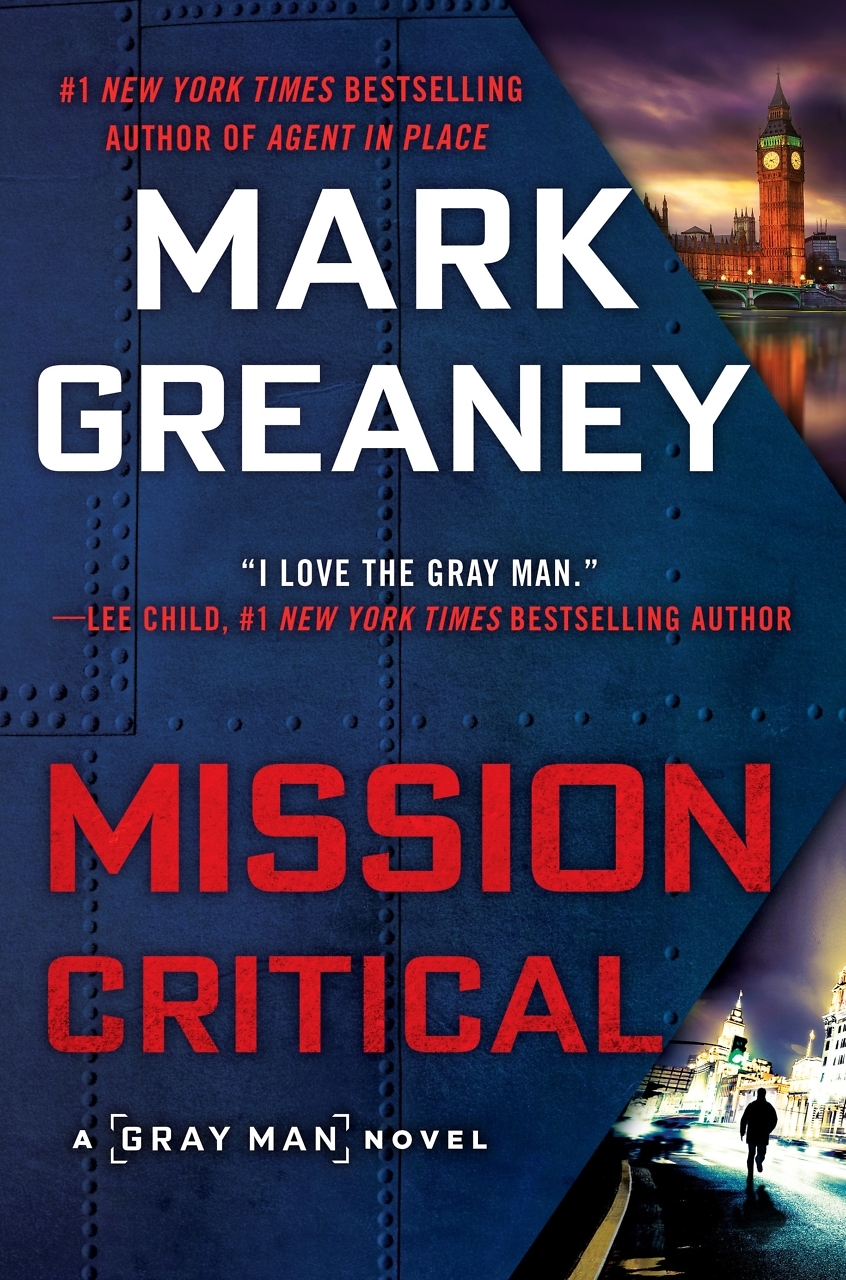In North Korea with the “Chosin Few”
Hampton Sides’s fast-action nonfiction book resurrects heroes of the Korean War
If what you know about the Korean War is that it happened after World War II and before Vietnam, read On Desperate Ground by Memphis native Hampton Sides to get a compact and riveting account of how it started. This cinematic portrayal of the Marines’ “fighting retreat” from Chosin Reservoir is news the informed contemporary citizen can use: the “Forgotten War” shut down communication between the U.S. and China for two decades, and it’s the origin story for the hostility still playing out between the U.S. and North Korea.

In 1950, North Korea, led by Kim Il-sung and backed by Stalin, invaded the south. Then United Nations forces led by General Douglas MacArthur recovered South Korea and invaded the North. That’s when Mao Zedong sent as many as 300,000 Chinese Communist fighters to surround a force a fraction of that size made up mostly of U.S. Marines and Army soldiers. Trapped in the mountains at the Chosin Reservoir in that brutal winter, they broke out and fought their way down to the Sea of Japan. “Desperate ground” is how Sun Tzu defined such a situation in The Art of War.
Sides describes MacArthur, supreme commander for the Allied powers, as nearly a caricature of unchecked ego. “It was as though he had become the emperor,” Sides writes, “microscopically attentive to the trappings of power and the nuances of publicity.” MacArthur’s hubris was supported by a “peculiarly sycophantic environment”: a court, rather than a staff, that included General Ned Almond. Appalling miscalculations by MacArthur and Almond put the forces they led in horrific peril in 1950.
Sides writes magnetic narratives about men on treacherous adventures and kill-or-be-killed quests: the rescue of the Bataan Death March survivors (Ghost Soldiers, 2002); the campaign to conquer the American West (Blood and Thunder, 2006); the nineteenth-century voyage to the Arctic by the USS Jeannette (In the Kingdom of Ice, 2014). His account of James Earl Ray’s assassination of Martin Luther King Jr. and the subsequent FBI pursuit of his killer (Hellhound on His Trail, 2011), was so often described as a thriller that Sides objected to the term as disrespectful. “King was the closest thing we’ve had in our history to a prophet,” he wrote, “a heaven-sent agent of social change.”
 In On Desperate Ground, there is no ambivalence in Sides’s disdain for the part MacArthur and Almond played in Korea. The author is equally unequivocal in his admiration for the commander of the First Marine Division, Oliver Smith, “one of the great underrated generals in American history.“ Smith was “cerebral, soft-spoken” but also a man of “ruthless efficiency,” the kind of competent but discreet leader Sides has singled out for praise in previous books.
In On Desperate Ground, there is no ambivalence in Sides’s disdain for the part MacArthur and Almond played in Korea. The author is equally unequivocal in his admiration for the commander of the First Marine Division, Oliver Smith, “one of the great underrated generals in American history.“ Smith was “cerebral, soft-spoken” but also a man of “ruthless efficiency,” the kind of competent but discreet leader Sides has singled out for praise in previous books.
General Smith had an early intuition that Chosin Reservoir was a trap: “Smith recognized that he would be facing not one but four different foes: the mountains, the winter, the Chinese, and his own superiors.” He slow-walked orders that would have compounded the disaster and relied on extraordinary feats of engineering by another unsung hero of the war, Lieutenant Colonel John Partridge, to supply an airstrip on a frozen mountain and a bridge on a precarious pass, all while under fire.
Sides condenses his intensive research—books, letters, documents, interviews—to its most dramatic elements. You know how the story ends, but you can’t stop turning the pages. He interviewed dozens of the “Chosin Few,” a “stoic and often irascible group of men who know the deepest meanings of suffering.” The book’s fast-action vignettes are ferocious. In a spectacular stand that won Hector Cafferata Jr. a Congressional Medal of Honor and his friend Kenneth Benson a Silver Star, the barrel guard on Cafferata’s M1 caught on fire as he shot at waves of oncoming Chinese soldiers, and had to be doused in snow. Benson, temporarily blinded by an explosive, used muscle memory to load his partner’s weapons. Cafferata used a shovel to bat back grenades. He was a hunter, a marksman, but had never killed a human being. Now, Sides writes, “he had killed dozens.” After six hours of fighting, he realized that he was in sock feet; his boots were still in his sleeping bag.
The war in this “fate-ravaged place,” as Sides describes the Korean Peninsula, ended without a peace treaty and with Korea divided pretty much the way it had been before the fight. But North Korea was obliterated. “A vicious air campaign began over North Korea that would hardly let up for three years—nearly every city and town, nearly every piece of infrastructure would be destroyed,” Sides writes. “By the war’s end, millions of civilians would be killed.”
As North Korean refugees followed the marines down from the mountain, “A collective moan came out of them,” one of the men Sides interviewed remembered. “It was an ungodly sound of hopelessness, of helplessness. It chilled me right down to the bone. I can still hear it.”

Peggy Burch was books editor at The Commercial Appeal in Memphis for ten years, and she also worked as a deputy metro editor and Arts & Entertainment editor for the newspaper. She is a graduate of the Newhouse School of Public Communications at Syracuse University and holds a master’s degree in English literature from the University of Mississippi.


